AMD to Support Zen 3 and Ryzen 4000 CPUs on B450 and X470 Motherboards
by Dr. Ian Cutresson May 19, 2020 10:00 AM EST
- Posted in
- CPUs
- AMD
- AM4
- Zen 2
- Zen 3
- X470
- B450
- Ryzen 3000
- X570
- 400-Series
- Ryzen 4000
- B550
164 Comments
|
164 Comments
In a surprising twist, AMD has today announced that it intends to enable Ryzen 4000 and Zen 3 support on its older B450 and X470 Motherboards. This is going to be a ‘promise now, figure out the details later’ arrangement, but this should enable most (if not all) users running 400 series AMD motherboards to upgrade to the Zen 3 processors set to be unveiled later this year.
Background
When AMD launched the Ryzen 3 3300X and Ryzen 3 3100 processors, it also gave users details about the upcoming B550 chipset that these processors were targeted for. Part of that announcement included a chart, showing how due to BIOS limitations, certain chipsets would only support certain AM4 processors. X570, for example, would support previous Ryzen 2000, current Ryzen 3000, and future Ryzen 4000 processors – it did not support the original Ryzen 1000 processors.
On that chart, it was noted almost immediately that there was a glaring omission. AMD’s B450 and X470 motherboards were listed as supporting Ryzen 1000/2000/3000, but not the future Zen3-based Ryzen 4000 processors. This made a number of users immediately very concerned, especially if they had purchased a B450 or X470 motherboard with a Ryzen 3000 processor with the hopes to upgrade it in the future.
AMD came under a lot of fire. The company had originally promised that it would support the AM4 platform from 2016 through 2020 (or ‘through to’ 2020). A lot of users had assumed that this meant any AM4 platform based motherboard would be able to accept any processor made from 2016 to 2020, including the new Zen 3 processors set to be unveiled later this year. The fact that there was a discrepancy between what the users expected and what AMD had been saying essentially became a miscommunication or a misunderstanding, but one that had a negative effect on a number of users who were expecting to upgrade the system.
A lot of users had assumed that this meant any AM4 platform based motherboard would be able to accept any processor made from 2016 to 2020, including the new Zen 3 processors set to be unveiled later this year. The fact that there was a discrepancy between what the users expected and what AMD had been saying essentially became a miscommunication or a misunderstanding, but one that had a negative effect on a number of users who were expecting to upgrade the system.
Ultimately the reason for the lockout was down to the BIOS size. Each generation of processors require a portion of the BIOS space for compatibility code – normally if you can support one processor from a generation, then you can support them all. We are also in the era of graphical interface BIOSes, and as a result some of the BIOS code was reserved for fancy menus and the ability to adjust fan curves or update the BIOS in a more intuitive way. All of this takes up space, and some vendors ditched the fancy graphics in order to support more processors.
Most AMD motherboards are outfitted with 128 megabit (16 megabyte) BIOS chips. The reason why this is the case is due to a limitation on some of AMD’s early AM4 processors – due to design, they can only ever address the first 16 megabytes of a BIOS chip. So even if a motherboard vendor had a larger BIOS chip, say MSI had a 32 megabyte chip, then it would actually operate like two partitioned BIOSes and it would get very complicated. There is no easy way to support every AM4 processor with a simple 16 megabyte BIOS.
By our estimate there are 84/86 current processors on the AM4 platform in total, counting Ryzen Pro parts as well. These are set across several families (A-Series, Zen, Zen APU, Zen+, Zen+ APU, Zen2, Zen2 APU, etc), each with their own AGESA platform to deal with, which all has to go into the BIOS. This is what makes it such a tight squeeze.
As a result AMD initially made the decision that the B450/X470 motherboards would support the Ryzen 1000, Ryzen 2000, and Ryzen 3000 processors, but would not be able to support any more due to this limit. AMD ultimately wanted the 500-series chipsets, the B550/X570, to be a launchpad for the future Ryzen processors.
AMD ultimately wanted the 500-series chipsets, the B550/X570, to be a launchpad for the future Ryzen processors.
AMD’s Announcement Today
AMD today is reversing its decision to limit the BIOSes on the 400-series chipsets. To cut a long story short, the TL;DR mantra from AMD is:
‘We’ve heard our audience, and we understand the concerns. We are going to work out a way to support Zen 3 on our 400-series chipsets between now and launch – we’re still working out the what and the how, but we will update you closer to Zen 3 launch’.
They are acknowledging that they perhaps misread the situation from its user base. Part of this issue stems from an old CPU line not having the growth room, and the believed that pushing support for Zen 3 to the 500-series wouldn’t be that big of an issue. Now that they see it is, they will try to make it work. They will attempt to address the technical challenges, and even though they do not have all the details at this time, it will be worked on.
There is still 6+ months (?) until we see Zen 3, so they do have a lot of time to try things and to test things.
In conversations with AMD, we also discovered more insight into what this entails.
As most motherboards have 16 MB, and the CPUs can only address the first 16 MB of a BIOS chip, then we might see an issue where 400-series motherboards may end up having two ‘forked’ BIOSes – one for ‘up to Ryzen 3000 inclusive’ and one for ‘Ryzen 3000 and beyond’. The former one will likely be a default BIOS, which will be picked up by auto-update software, however the latter will likely always be a Beta BIOS, and it will require user intervention.
AMD will enable the ODM partners with the feature – partners like ASUS, GIGABYTE, Dell, HP, MSI, Lenovo, etc. However, it will be up to the ODM partner to actually enable it as a feature for their motherboard or pre-built system. If they’re not willing to complicate matters with this BIOS fork, then unfortunately you are out of luck.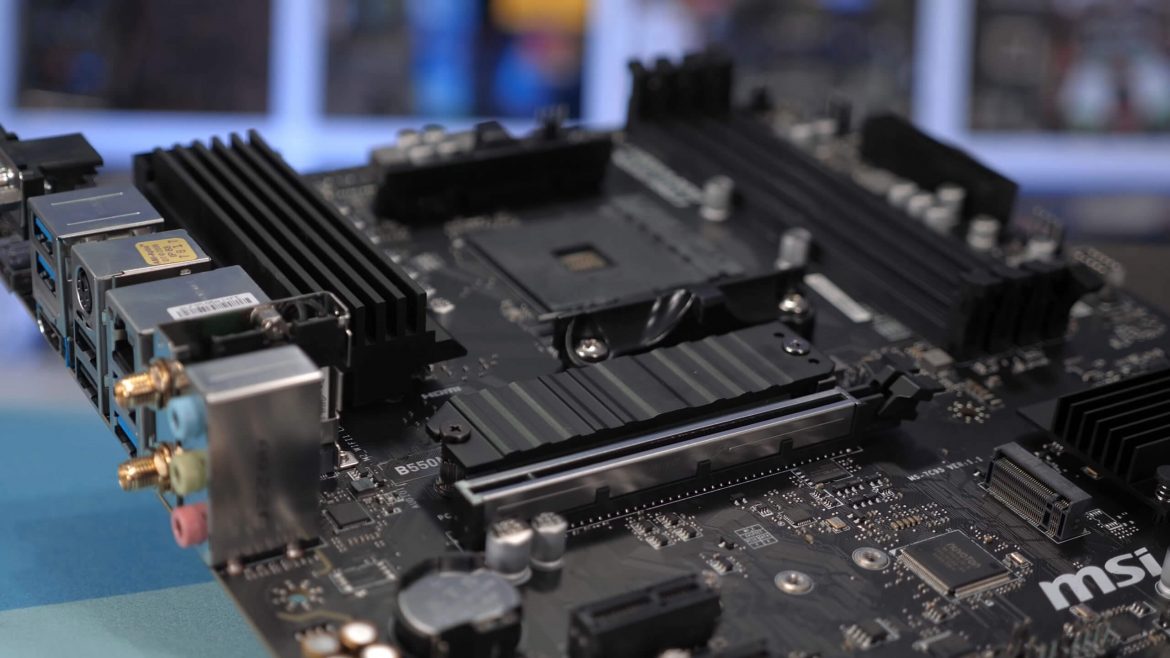 It is believed however that if most of the vendors are onboard straightaway, then the rest will follow. AMD will be offering continual support to its ODM partners on this, especially those with auto-update software.
It is believed however that if most of the vendors are onboard straightaway, then the rest will follow. AMD will be offering continual support to its ODM partners on this, especially those with auto-update software.
There might be a situation where moving up to the beta BIOS fork will make the system unable to downgrade. It might end up being a one-way solution. It might even be a hard changeover – with the mainline supporting 3000 and below, and the fork 4000 and up. In this event, I asked AMD if they would be expanding the Boot Kit program as they did with Ryzen 2000, and lending CPUs to users that needed them to update. AMD stated that this might be a possibility, but they haven’t worked on those details at this time.
AMD reiterated to AnandTech that after the launch of B550 into the market, they do recommend the B550 motherboards as the best option for Ryzen 4000 support in upgrades. However they will be working towards supporting Ryzen 4000 on 400-series chipsets for current users in that market, and to enable customers who want to go along that upgrade path. It is worth reiterating that even with Zen 3 CPU support, B450/X470 boards will likely be limited to PCIe 3.0 due to the design.
It is worth reiterating that even with Zen 3 CPU support, B450/X470 boards will likely be limited to PCIe 3.0 due to the design.
AMD also re-confirmed that we are set to see Zen 3 processors in 2020.
| AMD AM4 Motherboard Support | ||||||
| AnandTech | uArch | A320 | B350 X370 |
B450 X470 |
X570 | B550 |
| Ryzen 4000 CPU | Zen 3 | X | X | Beta | ✓ | ✓ |
| Ryzen 4000 APU** | Zen 2 | X | ? | ? | ? | ? |
| Ryzen 3000 CPU | Zen 2 | X | Beta | ✓ | ✓ | ✓ |
| Ryzen 3000 APU | Zen+ | ✓ | ✓ | ✓ | ✓ | X |
| Ryzen 2000 CPU | Zen+ | ✓ | ✓ | ✓ | ✓ | X |
| Ryzen 2000 APU | Zen | ✓ | ✓ | ✓ | X | X |
| Ryzen 1000 CPU | Zen | ✓ | ✓ | ✓ | X | X |
| Athlon A-Series | * | ✓ | X | ✓ | X | X |
| Ryzen Pro CPUs follow their non-Pro equivalents * Excavator or Carrizo ** Unknown — product not announced yet |
||||||
AMD’s full press release is given below.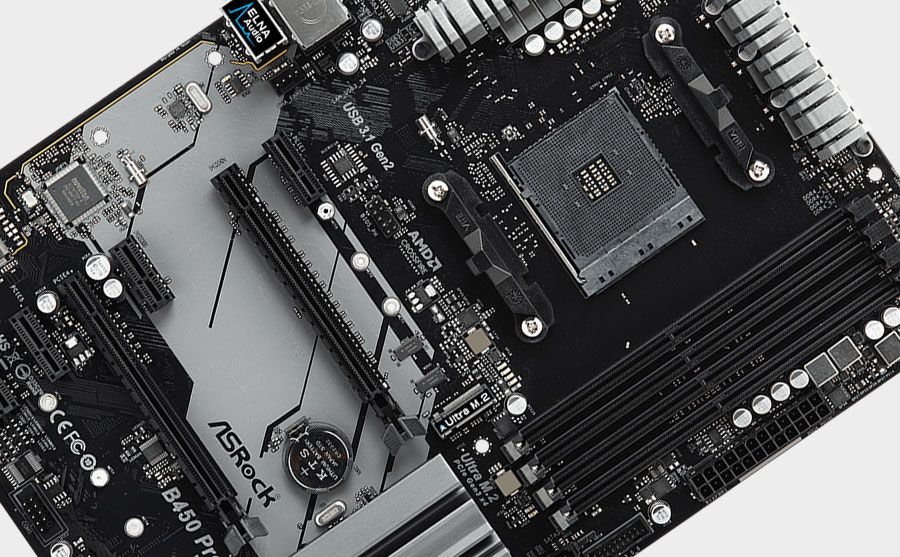
As we head into our upcoming “Zen 3” architecture, there are considerable technical challenges that face a CPU socket as long-lived as AMD Socket AM4. For example, we recently announced that we would not support “Zen 3” on AMD 400 Series motherboards due to serious constraints in SPI ROM capacities in most of the AMD 400 Series motherboards. This is not the first time a technical hurdle has come up with Socket AM4 given the longevity of this socket, but it is the first time our enthusiasts have faced such a hurdle.
Over the past week, we closely reviewed your feedback on that news: we watched every video, read every comment and saw every Tweet. We hear that many of you hoped a longer upgrade path. We hear your hope that AMD B450 and X470 chipsets would carry you into the “Zen 3” era.
Our experience has been that large-scale BIOS upgrades can be difficult and confusing especially as processors come on and off the support lists.
As the community of Socket AM4 customers has grown over the past three years, our intention was to take a path forward that provides the safest upgrade experience for the largest number of users. However, we hear you loud and clear when you tell us you would like to see B450 or X470 boards extended to the next generation “Zen 3” products.
As the team weighed your feedback against the technical challenges we face, we decided to change course. As a result, we will enable an upgrade path for B450 and X470 customers that adds support for next-gen AMD Ryzen™ Processors with the “Zen 3” architecture. This decision is very fresh, but here is a first look at how the upgrade path is expected to work for customers of these motherboards.
- We will develop and enable our motherboard partners with the code to support “Zen 3”-based processors in select beta BIOSes for AMD B450 and X470 motherboards.
- These optional BIOS updates will disable support for many existing AMD Ryzen™ Desktop Processor models to make the necessary ROM space available.

- The select beta BIOSes will enable a one-way upgrade path for AMD Ryzen Processors with “Zen 3,” coming later this year. Flashing back to an older BIOS version will not be supported.
- To reduce the potential for confusion, our intent is to offer BIOS download only to verified customers of 400 Series motherboards who have purchased a new desktop processor with “Zen 3” inside. This will help us ensure that customers have a bootable processor on-hand after the BIOS flash, minimizing the risk a user could get caught in a no-boot situation.
- Timing and availability of the BIOS updates will vary and may not immediately coincide with the availability of the first “Zen 3”-based processors.
- This is the final pathway AMD can enable for 400 Series motherboards to add new CPU support. CPU releases beyond “Zen 3” will require a newer motherboard.
- AMD continues to recommend that customers choose an AMD 500 Series motherboard for the best performance and features with our new CPUs.
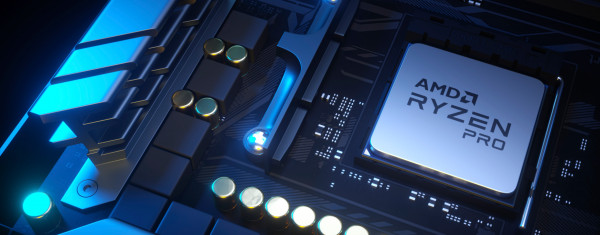
There are still many details to iron out, but we’ve already started the necessary planning. As we get closer to the launch of this upgrade path, you should expect another blog just like this to provide the remaining details and a walkthrough of the specific process.
At CES 2017, AMD made a commitment: we would support AMD Socket AM4 until 2020. We’ve spent the next three years working very hard to fulfill that promise across four architectures, plus pioneering use of new technologies like chiplets and PCIe® Gen 4. Thanks to your feedback, we are now set to bring “Zen 3” to the AMD 400 Series chipsets. We’re grateful for your passion and support of AMD’s products and technologies.
Tweet
PRINT THIS ARTICLE
B450 and X470 chipsets WILL support AMD Ryzen 4000 processors
Jacob Fox
Updated:
AMD
Oh AMD, you flip-floppy old fish (don’t worry, we love you).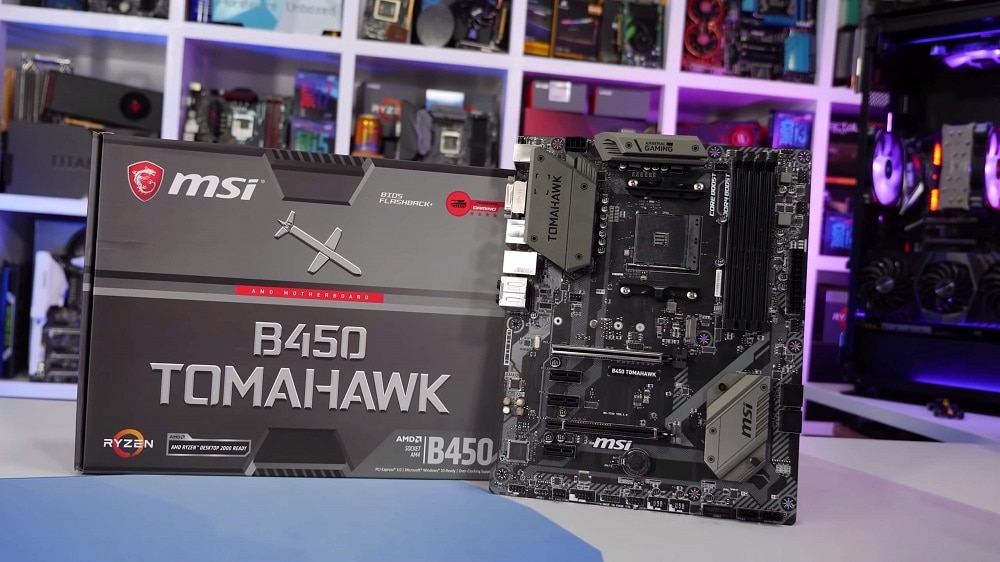 Only a couple of weeks ago we reported that B450 and X470 chipsets won’t support Ryzen 4000 processors, and AMD confirmed this in a community blog post. But the company has since decided that it will, in fact, provide Zen 3 support for these chipsets.
Only a couple of weeks ago we reported that B450 and X470 chipsets won’t support Ryzen 4000 processors, and AMD confirmed this in a community blog post. But the company has since decided that it will, in fact, provide Zen 3 support for these chipsets.
AMDOfficial’s Reddit post, titled The ‘Zen 3’ architecture is coming to AMD X470 and B450, says that in the wake of its previous announcement (that B450 and X470 chipsets won’t support Zen 3), it listened to the public response and changed direction accordingly.
The company said “we closely reviewed your feedback on that news: we watched every video, read every comment, and saw every tweet. We hear that many of you hoped for a longer upgrade path. We hear your hope that AMD B450 and X470 chipsets would carry you into the ‘Zen 3’ era”.
And, after reviewing user feedback, AMD said it “will enable an upgrade path for B450 and X470 customers that adds support for next-gen AMD Ryzen Processors with the ‘Zen 3’ architecture”.
There was plenty of backlash against the original decision to lack support for Zen 3 on older generation motherboard chipsets, especially since AMD had previously seemed to push the AM4 platform as something to carry compatibility forwards through 2020. Having Zen 3 on only 5-series motherboards appeared to run counter to this commitment to forwards compatibility (or backwards compatibility, from the perspective of the CPU).
And so, despite technical challenges, AMD has again committed to this forwards compatibility, at least for the remainder of the AM4 socket’s lifecycle. There are, of course and as always, rumours abound, with many online leakers claiming Zen 3 support for even earlier chipsets like certain X370 motherboards – but none of this from AMD’s mouth.
For AMD’s official words, here’s how it says the upgrade path is expected to work for customers of B450 and X470 motherboards:
- “We will develop and enable our motherboard partners with the code to support Zen 3-based processors in select beta BIOSes for AMD B450 and X470 motherboards.

- These optional BIOS updates will disable support for many existing AMD Ryzen Desktop Processor models to make the necessary ROM space available.
- The select beta BIOSes will enable a one-way upgrade path for AMD Ryzen Processors with Zen 3, coming later this year. Flashing back to an older BIOS version will not be supported.
- To reduce the potential for confusion, our intent is to offer BIOS download only to verified customers of 400 Series motherboards who have purchased a new desktop processor with Zen 3 inside. This will help us ensure that customers have a bootable processor on-hand after the BIOS flash, minimizing the risk a user could get caught in a no-boot situation.
- Timing and availability of the BIOS updates will vary and may not immediately coincide with the availability of the first “Zen 3”-based processors.
- This is the final pathway AMD can enable for 400 Series motherboards to add new CPU support. CPU releases beyond Zen 3 will require a newer motherboard.

- AMD continues to recommend that customers choose an AMD 500 Series motherboard for the best performance and features with our new CPUs.”
So, in order to run a Zen 3 processor on a B450 or X470 motherboard, you’ll have to have purchased a new Zen 3 processor, and will then have the option to update your BIOS for Zen 3 support once these updates roll out. And these BIOS updates will disable support for many existing Ryzen processors, in order to provide ROM space for the new Zen 3 firmware. Seems a fair compromise to me – and if not fair, then necessary.
300-series chipsets are officially compatible with Ryzen 5000-series processors (Update 4)
In addition to six new entry-level Ryzen processors and the upcoming Ryzen 7 5800X3D, which will be released on April 20, AMD today announced official support for all Ryzen 5000 processors on motherboards with 300-series chipsets
This topic has been hotly contested for weeks now as some motherboard manufacturers added support for Ryzen 5000 processors on A320 chipset models, forgetting about X370 motherboards (with the exception of some ASRock models). nine0003
nine0003
With the AGESA 1.2.0.7 update, all motherboards based on X370, B350 or A320 chipsets will receive support for all modern AMD processors, including Ryzen 7 5800X3D.
Here AMD decided to respond to the criticism of users. Recall that AGESA 1.2.0.7 is the central BIOS component of AM4 motherboards. And its motherboard manufacturers will embed in new versions. According to AMD, new BIOS versions can be expected in April-May. It all depends on the manufacturer and models of motherboards. nine0003
Update:
Meanwhile, ASUS and Gigabyte have clarified AMD processor support on their X570, B550, A520, X470, B450, X370, and A320 motherboards.
The new processors and all models of the Ryzen 5000 and 4000 families are supported on all 500 and 400 motherboards from ASUS (AGESA 1.2.0.6b). For X370 and A320 motherboards, ASUS plans to add support on March 25 with AGESA 1.2.0.7. We asked ASUS about the B350 chipset, but haven’t heard back yet.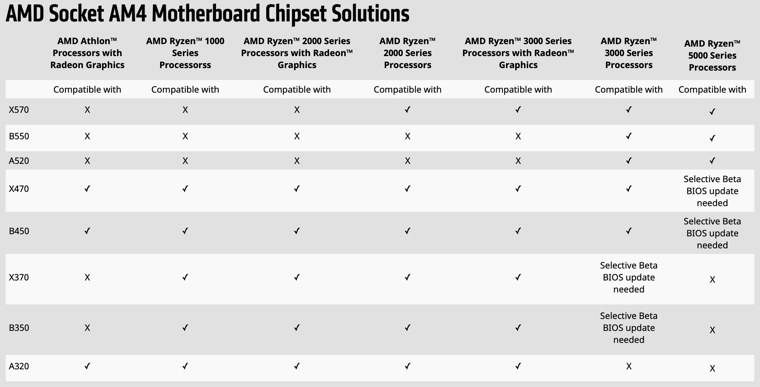 nine0003
nine0003
Gigabyte will also support the new processors on motherboards of the last two generations with X570, B550, A520, X470 and B450 chipsets. Interestingly, only the A320 is mentioned in the 300 lineup. The X370 and B350 chipsets are not named at all. But even on the A320 chipset, the Ryzen 5 5500 processor will not be supported due to «limitations».
Update 2
We’ve received a response from ASUS regarding B350 motherboards. Most likely, all of them will also receive support on March 25 for the full Ryzen 5000 line. But only the Ryzen 5 5500 CPU will not be supported. Gigabyte also has limitations on it. nine0003
Update 3
Meanwhile, ASRock has also announced BIOS updates for new processors (and the earlier Ryzen 5000) on current 500 and 400 motherboards. , Ryzen 5 4600G, Ryzen 5 4500 and Ryzen 5 4100 will work on ASRock motherboards with X570/B550/A520 and X470/B450 chipsets.
To get the latest BIOS, users should search for the motherboard model on the support page, then download the BIOS.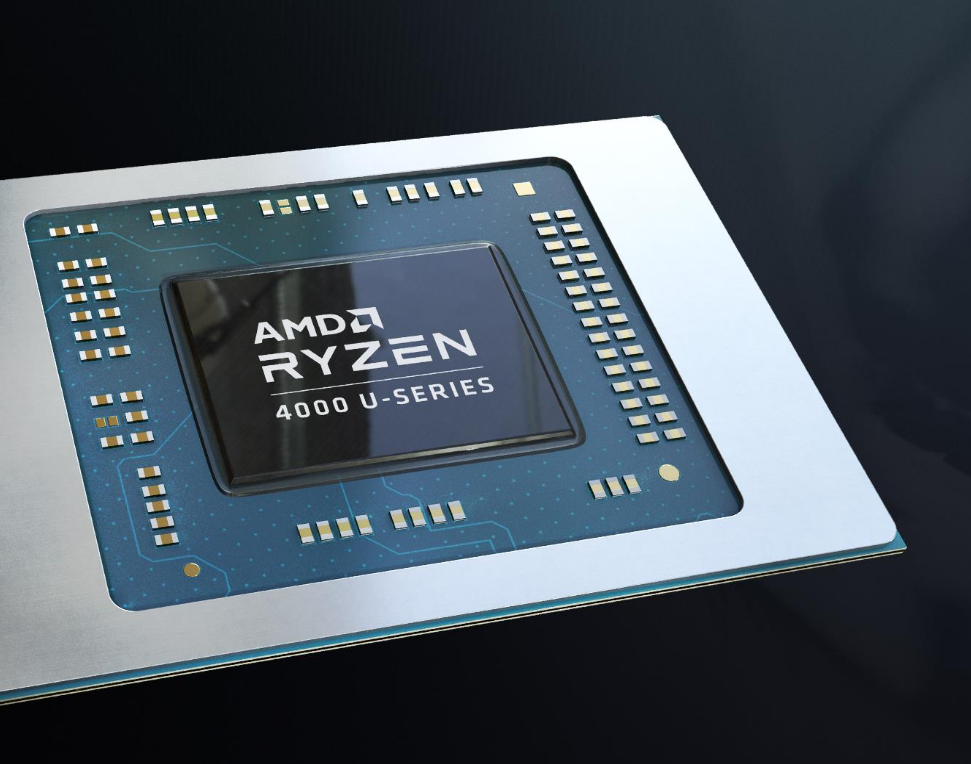 nine0003
nine0003
MSI has published details of processor support on motherboards. The manufacturer has already released BIOS updates for some models, for motherboards (series) that are not yet available, they will be released at the end of April.
Update 4
Due to the complex product matrix and confusing support, the results of the SMU Checker utility do not guarantee that the system will boot. AGESA and PSP may still block the CPU. This error appears with the latest BIOS update for motherboards based on the A320/B350/X370 chipset. More details about the latest version of SMU Checker can be found here. nine0003
Subscribe to the Hardwareluxx VKontakte and Facebook groups, as well as to our Telegram channel (@hardwareluxxrussia).
We recommend that you read our motherboard selection FAQ, where we will answer many questions that users have: which format to prefer? What socket and chipset? What interfaces should be on the motherboard? Does it make sense to pay extra for additional features? And what needs to be configured in the BIOS (UEFI)? Of course, we will answer many other questions as well.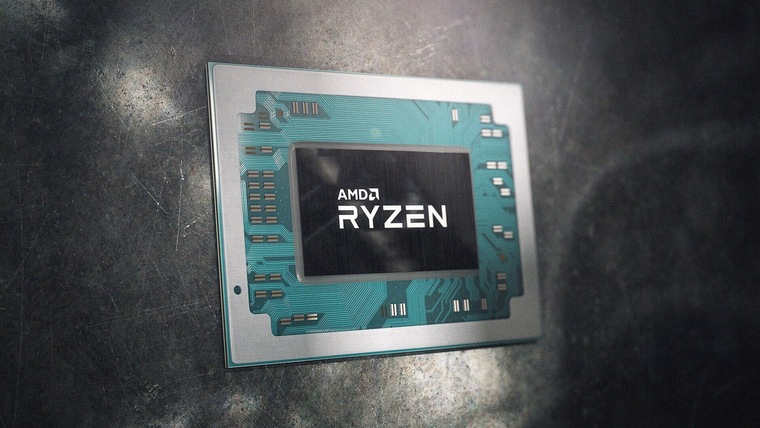 nine0003
nine0003
We recommend checking out our AMD motherboard selection guide, where we recommend the best models for the price.
MSI B450-A PRO MAX | Page 3
Ziki SwiftKey
Knowledgeable
-
-
#41
Aggressor said:
Here they also advise to roll back the BIOS to an older version:
Pay attention that they are discussing how to connect a fifth or sixth card on this motherboard with a 3000G processor, and it is worse than 200GE, it has only 6 free lines.
That is, I repeat, it’s not the processor.
Click to expand…
I have the penultimate version, because for some reason the last one could not be installed
Ziki SwiftKey
Knowledgeable
-
-
#42
Aggressor said:
Do not rush to change percent.
200GE 12 PCI-E lanes. 2 are occupied, I don’t know what, free 10. The B450 chipset has plenty of lines.
In order not to occupy the processor lines, it is important to connect all the cards with x1 risers and do not occupy the M.2 slot, it will immediately gobble up 8 lines.
nine0003Click to expand…
Hello. In general, I tried everything, Windows started up, but the 3rd card is not reflected in the manager, I xs. Probably all the same, the case is
Ziki SwiftKey
Knowledgeable
-
-
#43
nine0052
Ziki SwiftKey said:
I have the penultimate version, because the last one was not installed for some reason
Click to expand…
ioganns said:
I have 5 pieces working
Click to expand.
..
What processor do you have?
Dimetriussm
Own person
-
-
#44
This board easily holds at least 5 cards, you don’t need the latest bios, set the bios to stable, not beta. Don’t forget to update your chipset drivers. And do not care if the m2 slot is occupied. Even if there is only one card in x16, everything works. Maybe put the mining mode in the BIOS, there is such an item. nine0003
Landing 242
Dancing with a tambourine
-
-
#45
Can anyone tell me if the MSI B450-A PRO MAX motherboard will fit Ryzen 7 3700x ?
nine0002
Dimetriussm
Own person
-
-
#46
Yes.
Don’t forget to update your bios to the latest stable and chipset driver.
Landing 242
Dancing with a tambourine
-
-
#47
Who can tell MSI B450-A PRO MAX supports 4000+ or at least overclock up to 3600???
adam3707
Newbie
-
-
#48
8 cards draw?
Habub
Dancing with a tambourine
-
-
#49
nine0052
adam3707 said:
Will he draw 8 cards?
Click to expand.

